
Republican presidential candidate Donald Trump said he’s not sure if he would’ve supported or opposed Japanese internment during World War II.
He told Time Magazine that he “hates the concept of it,” but added: “War is tough. And winning is tough. We don’t win anymore. We don’t win wars anymore.”
To be clear, Japanese American internment is almost universally considered one of the most egregious things the United States has done to an entire ethnic group…
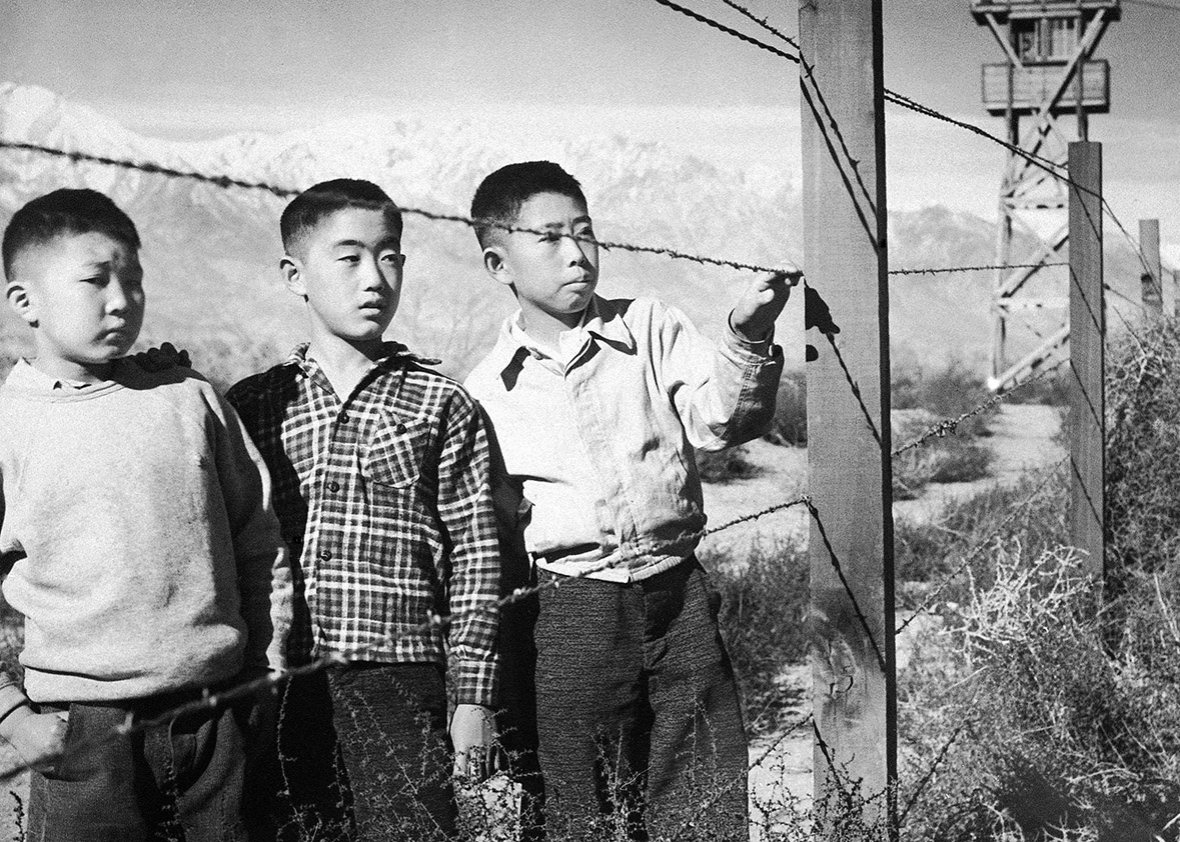

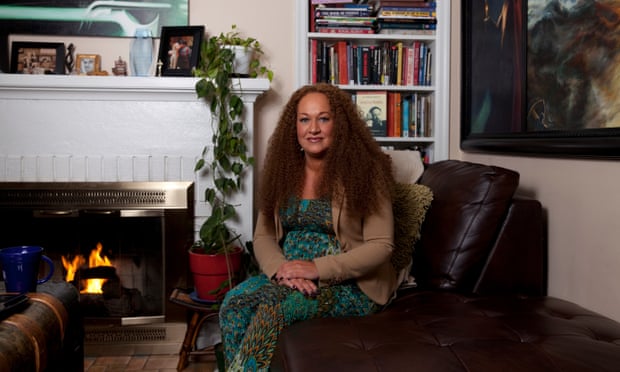

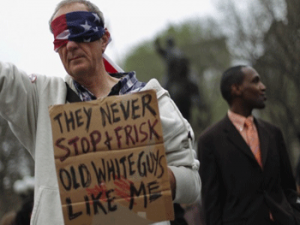
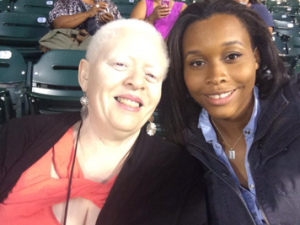

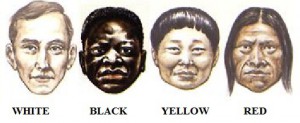
/cdn0.vox-cdn.com/uploads/chorus_image/image/47510833/53460365.0.0.jpg)